How To Use Retinol For Acne? Does It Work For All Acne Types?
A potent and highly beneficial vitamin you must use in moderation for various skin issues
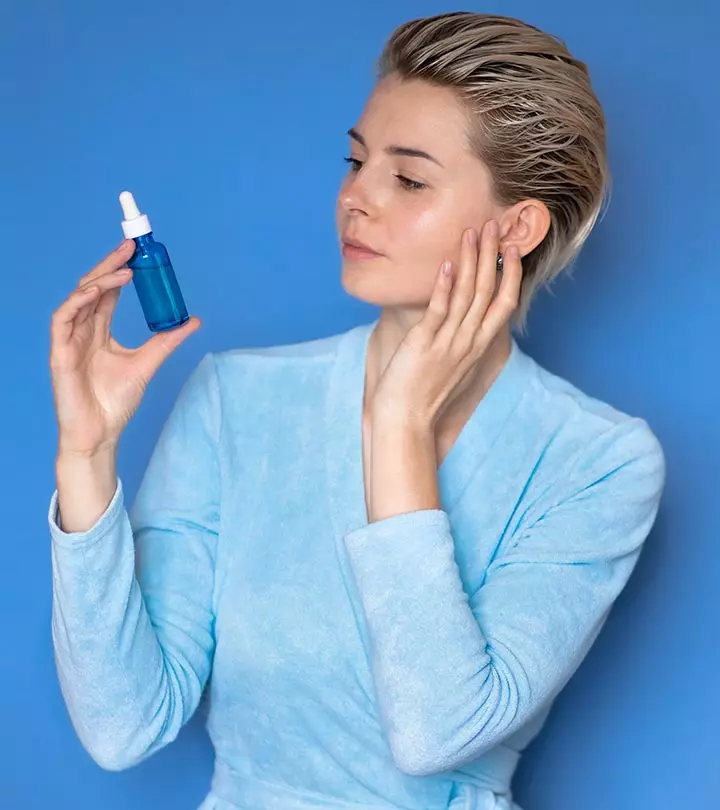
Image: Shutterstock
Acne is a very stressful issue that causes irritation and pain. However, plenty of new treatments can help to heal acne scars and manage breakouts. For example, you can use retinol for acne issues. Retinol is a vitamin A derivative and one of the newest members in the cosmetic industry that claims to help with acne.
Is retinol worth the hype? How does retinol benefit your skin? Is it safe to use retinol on your skin? If you are worried about these questions, we have the answers.
This article helps you with your queries about using retinol for acne issues. Keep reading to know all about retinol, how it works, its benefits, how to use it, and associated risks. Scroll down.
In This Article
What Is Retinol?
Retinol is a part of the family of compounds that are derivatives of Vitamin A (1). It is found in anti-aging creams and other topical skincare products. Using vitamin A for skin helps maintain skin health.
You will find a variety of retinol products on the market, including gels and lotions. Each retinol gel for acne differs in its potency and usage.
Retinol has been used in creams for reducing wrinkles and stretch marks for quite some time. But only recently has it become popular for treating acne. Let us see how it works to reduce acne.
Key Takeaways
- Retinol is found in anti-aging creams and other topical skin care products.
- Retinol works at a deeper level to remove dirt, oil, and impurities that cause acne.
- Its usage may lead to redness, flaking, and dryness during the initial days.
How Does Retinol Work On Acne?
Retinol is a keratolytic agent that works by dissolving the outermost dead layers of your skin (2). It makes skin softer and smoother and reduces the chances of developing acne.
Retinol also has an exfoliating effect on the outer layer of your skin (also called the epidermis). It works at a deeper level to remove dirt, oil, and impurities that could be causing acne.
While other exfoliators work on the outer layer of skin alone, retinol penetrates the middle layer of your skin too. It stimulates the production of collagen (3). Collagen may help reduce post-acne scarring (4).
Sabura Mazhar, a blogger, has tried retinol for acne scarring and shared her personal experience. She says, “I have mild acne scarring and some leftover scars from chickenpox. After using retinol consistently for the past nine months, those scars are starting to smoothen out making my skin texture much smoother than it was before (i).”
Retinol is often confused with retinoids and both terms are used interchangeably. Let us understand how they differ.
Are Retinol And Retinoids The Same?
Although retinol and retinoids are used by dermatologists to treat similar skin conditions, there are a few key differences between the two.
Firstly, retinol is a type of retinoid. Several other compounds belong to this cluster of retinoids. A few examples are adapalene (Differin), tretinoin (Retin-A), isotretinoin (Accutane), and retinoid esters (retinyl palmitate, retinyl acetate, retinyl linoleate) (1).
These compounds differ in their potency too. For instance, retinoid esters have low potency, and tretinoin and isotretinoin are highly potent. The efficacy of tretinoin for acne is medically proven and often prescribed to combat severe cases. You will also need a prescription to get isotretinoin at a drugstore.
It is advisable to use them only as per the doctor’s advice. Although you may procure retinol without any prescription, it is advisable to use it only in the recommended amounts. Let us see how much is just enough.
What Is The Recommended Retinol Dosage For Treating Acne?
Since retinol is highly potent, most over-the-counter products have a small concentration of the compound. Generally, it will vary between 0.025% to 0.3%. For a higher concentration, you will need a doctor’s prescription.
If you are buying an over-the-counter retinol product for the first time, opt for one with a low concentration. It will allow your skin to get used to it. You can move to more concentrated gels or lotions at a later stage. Always remember that while using retinol for acne, less is more, and consistency is key.
You may want to consider a few points while selecting the right product for yourself. For instance, most anti-aging creams contain retinol because of its ability to boost collagen (3). However, these creams may also include other oils to enhance skin quality. In some cases, these oils may clog your pores and worsen your acne.
Since retinol is a highly potent compound, you will have to use it carefully and work up a gradual routine. In the following section, we will understand how to use retinol correctly.
How To Use Retinol For Acne?
Retinol is a strong product for treating acne. While a lot will depend upon how your skin responds to retinol, you are recommended to build up your skin’s tolerance against it. Start using it gradually to allow your skin to adjust to it.
In the first week, it is advisable to use retinol only once. A pea-sized amount should be good for you to test it. In the second week, you can use the same amount twice. As you move to the third week, you can apply it thrice. If your skin does not react to this frequency, you can start using it every other day. Experts suggest using a cooling product on other days.
Individuals with extremely sensitive skin may not be able to use it more than once or twice a week. However, do not be disheartened as even this frequency will deliver good results over time.
Using retinol to treat acne is a slow process and will require patience. Most individuals tend to see positive results only after 12 weeks of consistent use.
 Quick Tip
Quick TipAcne can manifest in individuals of different types. But does retinol work on all of them? Let us find out.
Does Retinol Work For All Acne Types?
Acne can be of different types: blackheads, whiteheads, acne cysts, etc. Retinol seems to work on all acne types, though research in this regard is limited.
Retinol works by dissolving the dead layers of the skin and makes skin softer and smoother. If you have red bumps or cysts, retinol may work as an exfoliator and clear your skin from deep within. This action will allow other acne-fighting topical products to penetrate deeper and give you better results.
Retinol may also work on blackheads and whiteheads by unclogging the pores and breaking the keratin that causes their appearance. More studies are warranted to further understand this action of retinol.
Understanding the nuances of retinol vs retinoid can help you choose the best option for managing acne and improving skin health. Retinol may be a better option for sensitive skin, while retinoids may deliver desirable results on more resilient skin. In fact, retinoids reduce the amount of sebum secreted by the sun and help reduce blackheads (1).
Retinol seems to have desirable long-term outcomes. It softens skin and may help reduce most forms of acne. However, it does have certain side effects you must be aware of.
What Are The Side Effects Of Using Retinol For Acne?
When you start using retinol, you may experience a few side effects in the first few weeks. These most likely result from the compound purging your skin. Here are some of the side effects that you may observe.
- For a few weeks, your acne may get worse. This happens because retinol works on acne that is forming inside your skin. The acne would have come to the surface anyway, but retinol (and retinoids, in general) is simply speeding up the process (5).
- Redness, flaking, and dryness are also normal while using retinol.
- If you experience scaly patches and itching, it is a sign that you need to slow down. In these cases, it is advisable to reduce the amount and the frequency of retinol.
- If you have eczema, retinol may aggravate your rashes.
- Finally, retinol will make your skin more sensitive to the sun. Without proper care, you may experience skin burning or irritation. Thus, experts recommend using sunscreen with SPF 30 or higher to protect your skin from harmful sun radiation. If you need to be in the sun for a longer duration, you are better off without retinol for that day.
 Trivia
TriviaTreating acne is only one of the several uses of retinol. Let us see the other skin issues retinol can treat.
Can Retinol Help With Other Skin Issues?
Retinol is a keratolytic agent and can give satisfactory results for multiple skin conditions.
1. Aging Skin
As retinol boosts the production of collagen and cell turnover, it can reduce your fine lines and wrinkles (3).
2. Sun Damage
Retinol can treat all the symptoms of sun damage like changes in color, texture, and tone of skin (also called photoaging) (6).
3. Uneven Skin Tone And Hyperpigmentation
Retinol can reduce dark spots on the skin. It helps treat melasma too, a skin condition characterized by symmetrical shadows or brown patches on the skin (6).
5. Large Pores
Retinol helps neutralize the free radicals harmful to the skin. It boosts collagen production and may reduce excess skin oils and shrink large pores (7).
Retinol is a derivative of vitamin A commonly used in a wide range of skincare products. Recent studies suggest that you can use retinol for your acne issues. It exfoliates the innermost layers of your skin to remove dirt and grime, boosting collagen production and reducing the development of acne. When buying a retinol product for acne, choose one with a low concentration and use it once a week to see visible results over time. You may experience a few side effects in the first few weeks such as redness, flaking, dryness, and itching. Consult a dermatologist if you do not see any visible results within a few weeks.
Frequently Asked Questions
How long does it take retinol to work for acne?
With regular usage, you may see a visible difference in yor skin in 2-3 months.
Is retinol or salicylic acid better for acne?
Both help prevent acne in different ways. While salicylic acid exfoliates dead skin cells and helps cleanse pores, retinol works from the inside out, resulting in faster skin regeneration. This helps avoid dead skin cell build-up.
Is vitamin C or retinol better for acne scars?
While they both have their benefits in improving skin tone, retinol is more effective at improving skin texture by working on scars and blemishes.
Can you put retinol on a popped pimple?
Yes, retinol can help heal acne and pimples by working on their outermost and inner layers.
Is it okay to use retinol every night?
No, it would be best to use retinol 2-3 times a week at most for best results.
Which is better for acne scars, niacinamide or retinol?
While niacinamide can help reduce the appearance of scars, retinol is more effective in managing acne and acne scars.
Discover the effectiveness of retinol in treating acne from the video below. Press play to learn how this revolutionary skincare ingredient addresses breakouts and skin pigmentation to help promote clearer and healthier skin to boost your confidence.
Personal Experience: Source
StyleCraze's articles are interwoven with authentic personal narratives that provide depth and resonance to our content. Below are the sources of the personal accounts referenced in this article.
(i) The Ultimate Guide To Starting Your Retinol Journeyhttps://medium.com/@saburamazhar/the-ultimate-guide-to-starting-your-retinol-journey-52dc6337eb1
References
Articles on StyleCraze are backed by verified information from peer-reviewed and academic research papers, reputed organizations, research institutions, and medical associations to ensure accuracy and relevance. Read our editorial policy to learn more.
- Retinoids: active molecules influencing skin structure formation in cosmetic and dermatological treatments.,
https://www.ncbi.nlm.nih.gov/pmc/articles/PMC6791161/ - Triple nanoemulsion potentiates the effects of topical treatments with microencapsulated retinol and modulates biological processes related to skin aging.,
https://www.ncbi.nlm.nih.gov/pmc/articles/PMC3900344/ - Vitamin A antagonizes decreased cell growth and elevated collagen-degrading matrix metalloproteinases and stimulates collagen accumulation in naturally aged human skin.,
https://pubmed.ncbi.nlm.nih.gov/10692106/ - Percutaneous collagen induction: an effective and safe treatment for post-acne scarring in different skin phototypes,
https://pubmed.ncbi.nlm.nih.gov/23216209/ - Retinoid-Induced Flaring in Patients with Acne Vulgaris: Does It Really Exist?
https://www.ncbi.nlm.nih.gov/pmc/articles/PMC2989803/ - Clinical Evaluation of a 4% Hydroquinone + 1% Retinol Treatment Regimen for Improving Melasma and Photodamage in Fitzpatrick Skin Types ,
https://pubmed.ncbi.nlm.nih.gov/28095558/
Read full bio of Dr. Priya Gill
Read full bio of Annie Jangam
Read full bio of Eshna Das
Read full bio of Swathi E





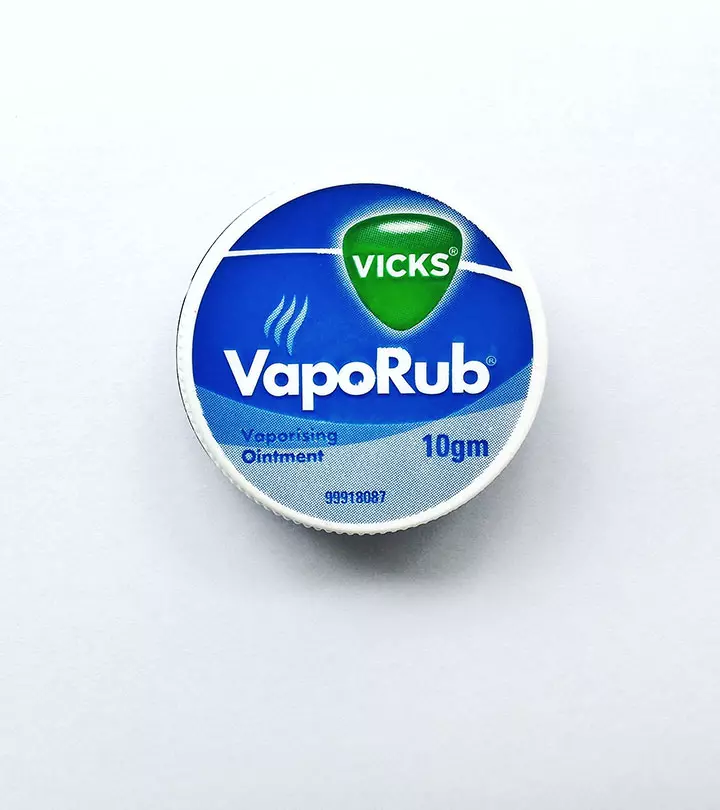
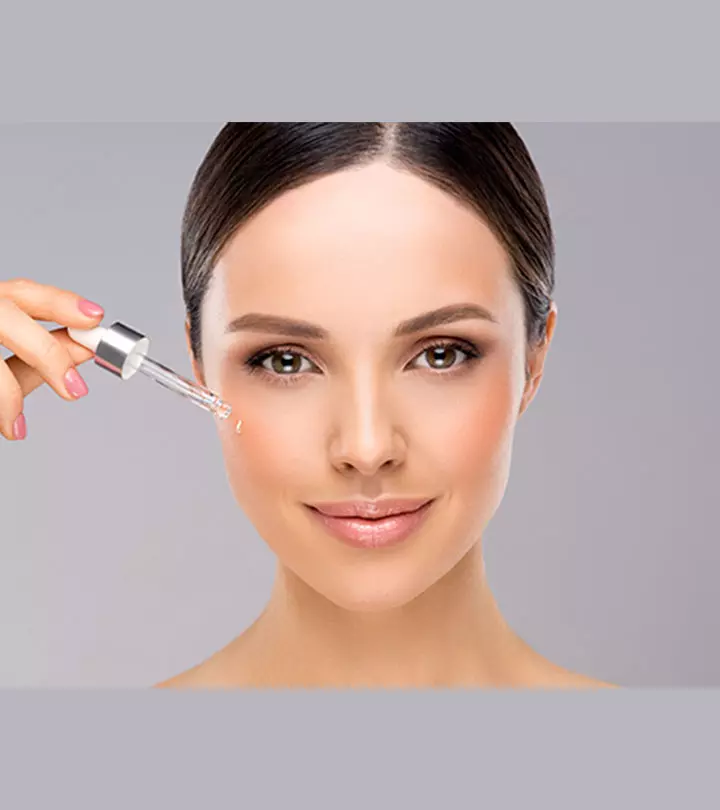
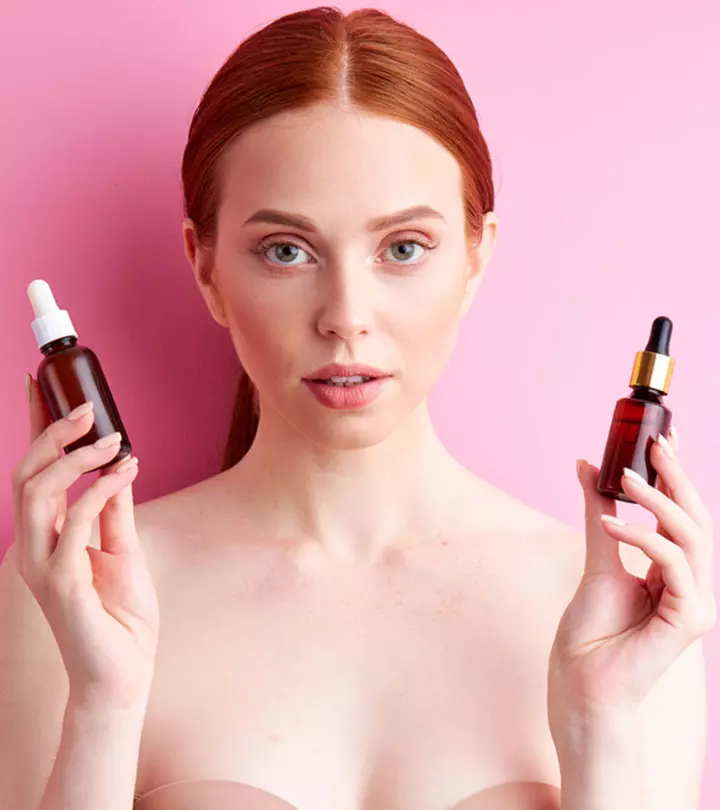
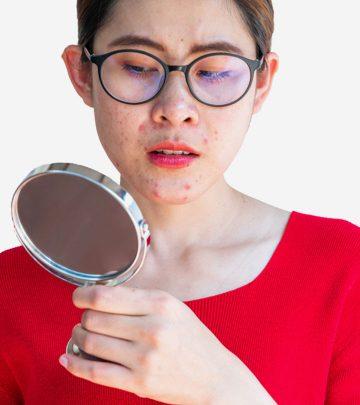
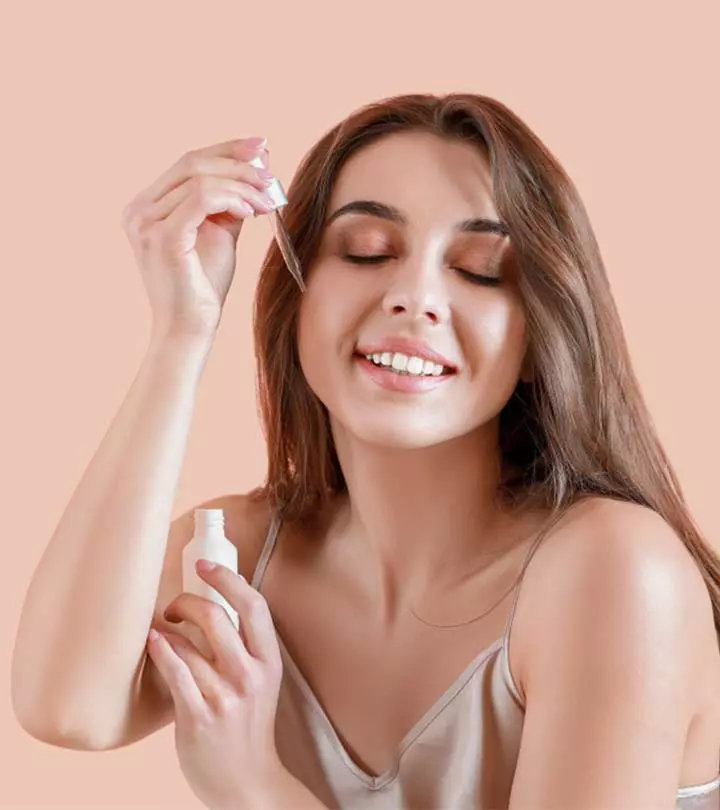

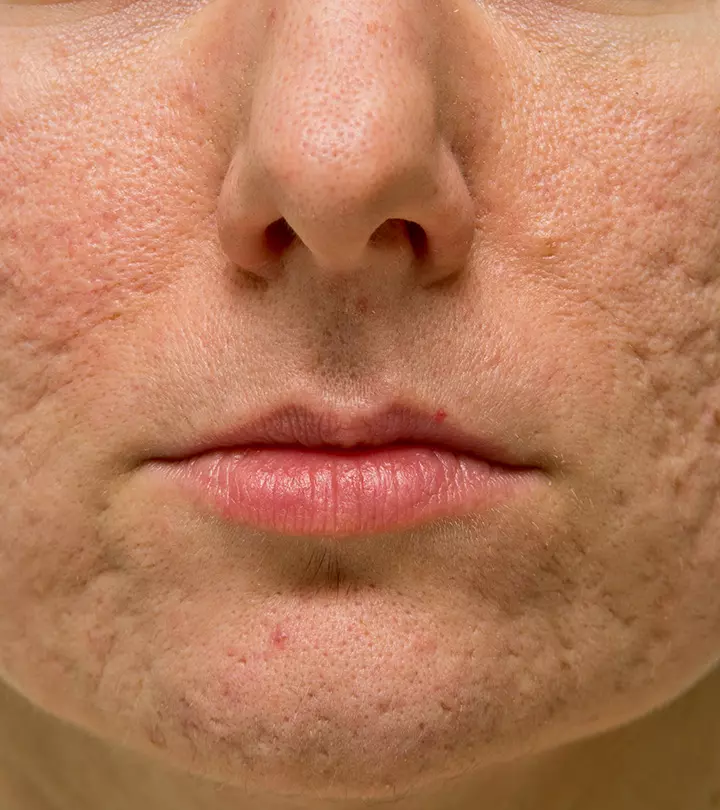
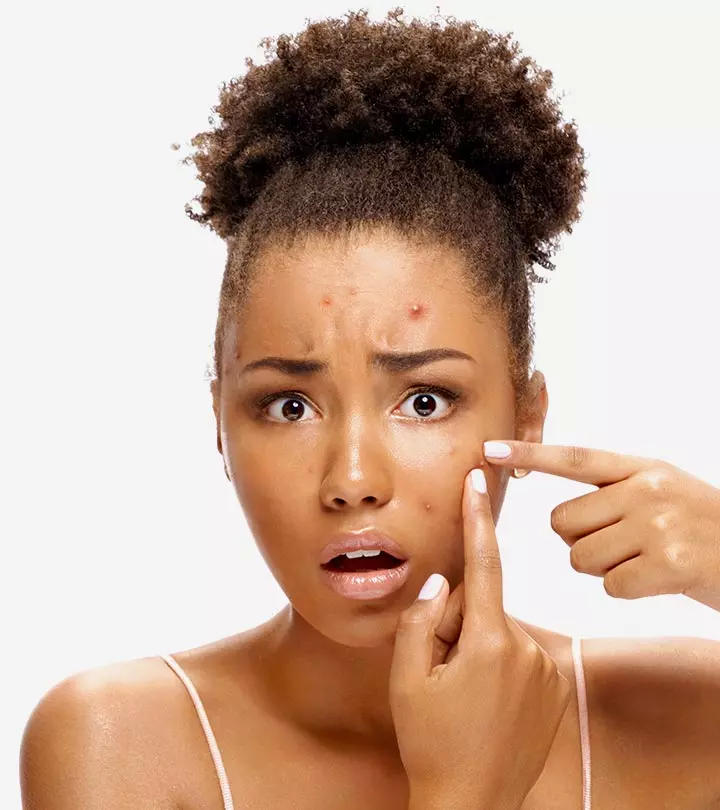
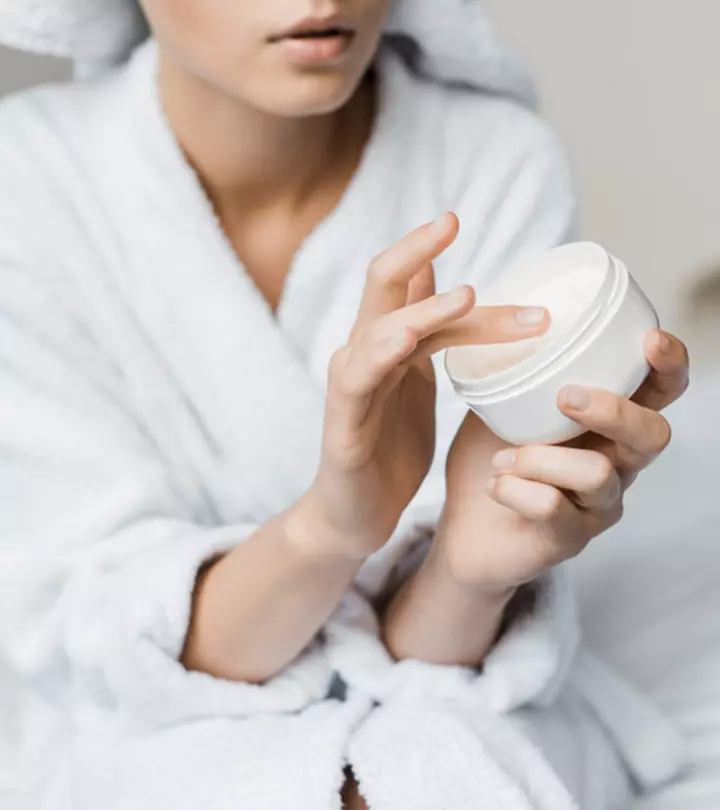
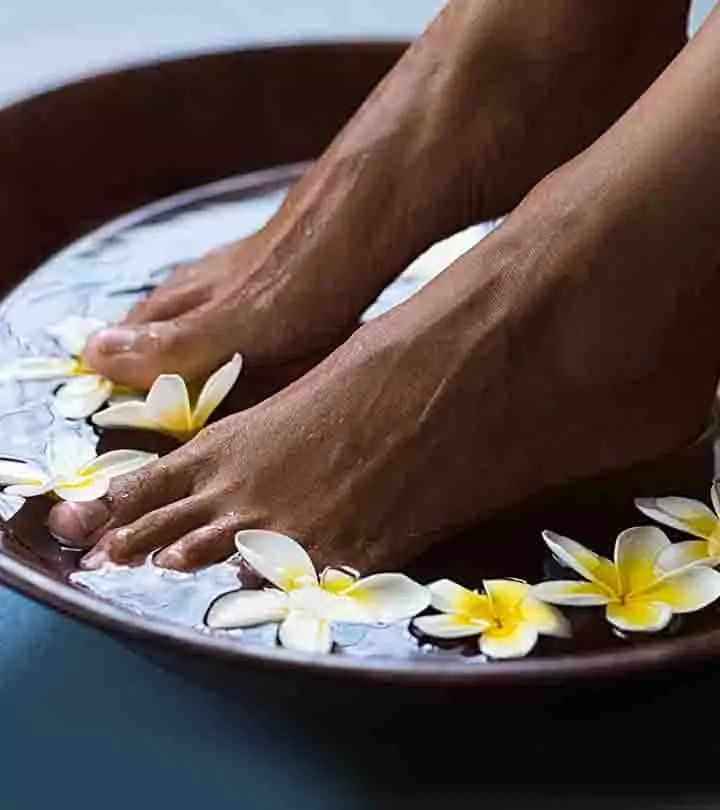

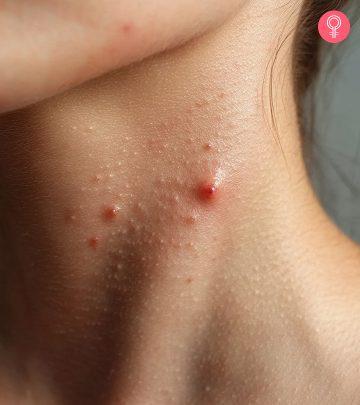
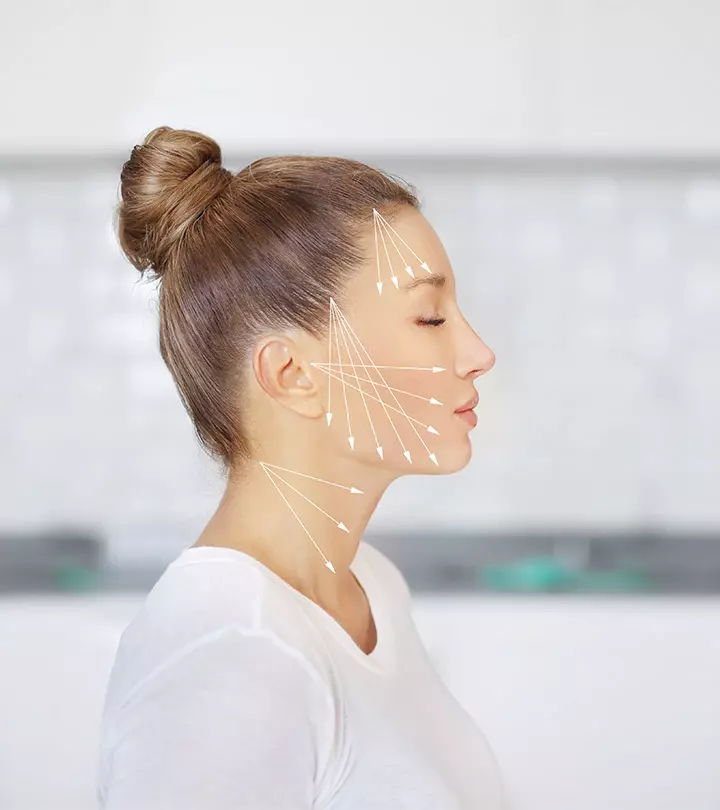
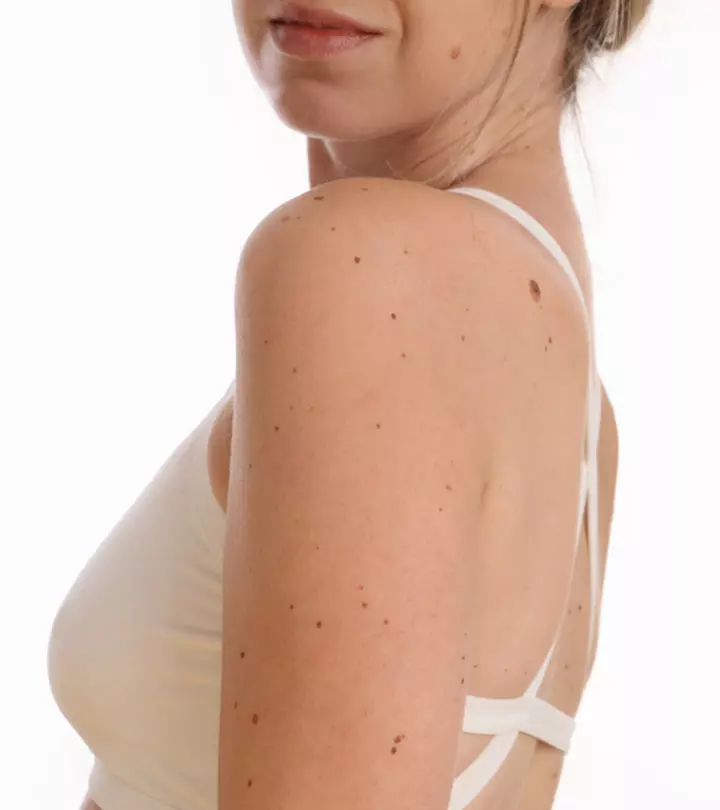

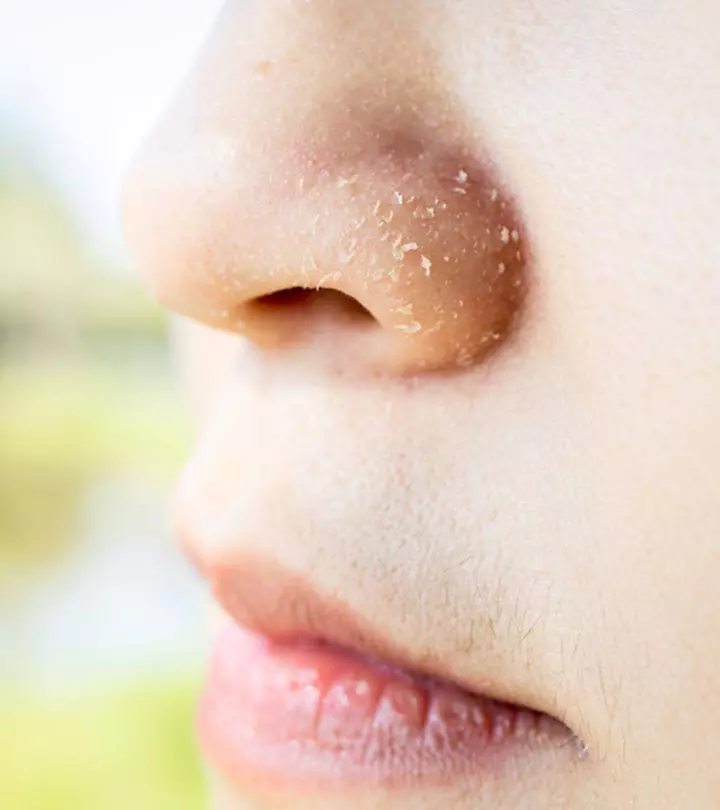

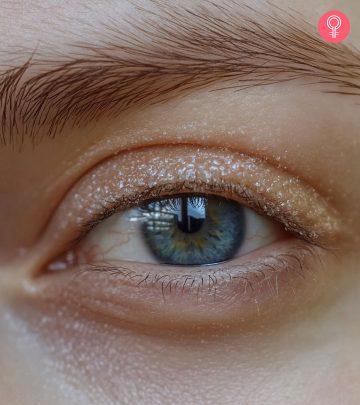
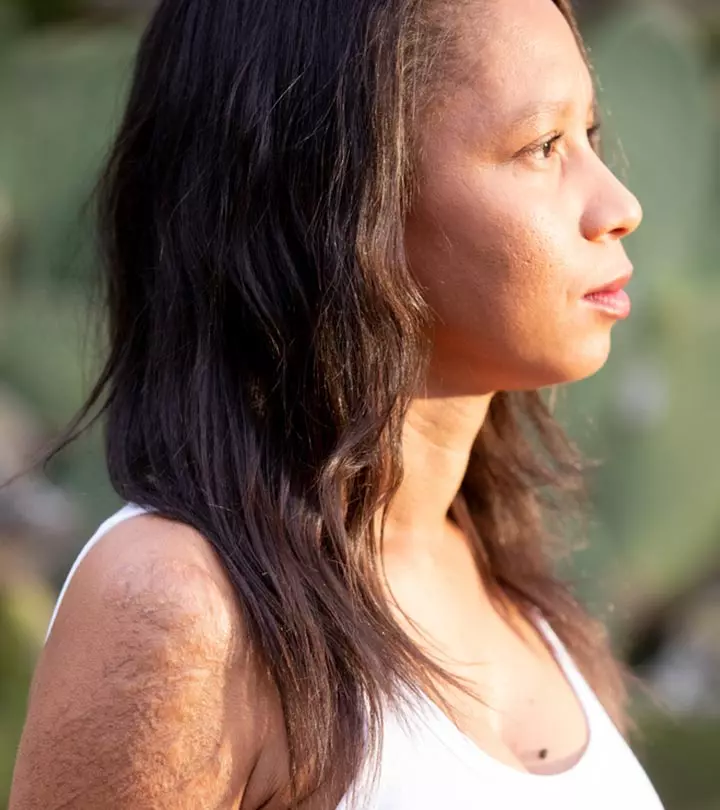
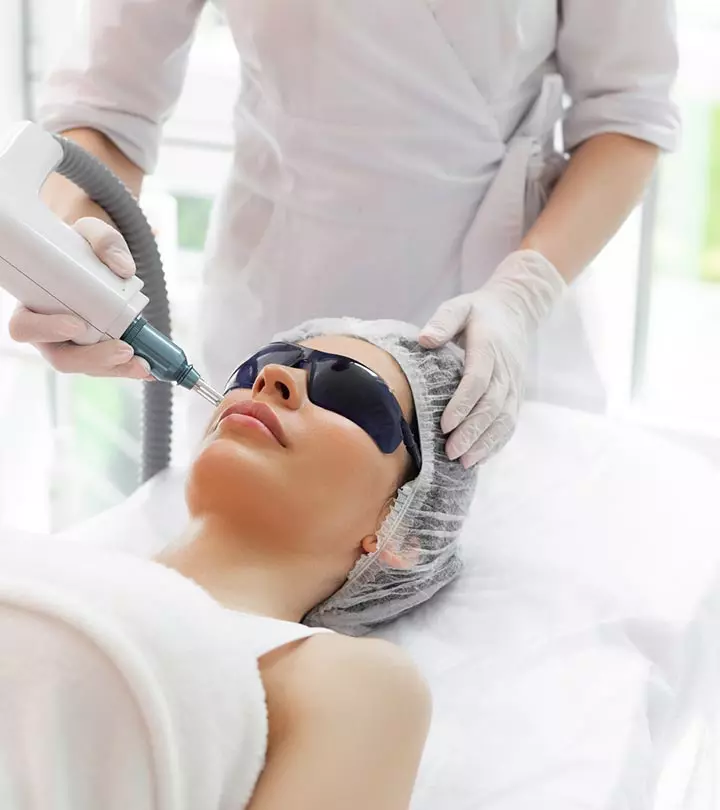
Community Experiences
Join the conversation and become a part of our empowering community! Share your stories, experiences, and insights to connect with other beauty, lifestyle, and health enthusiasts.